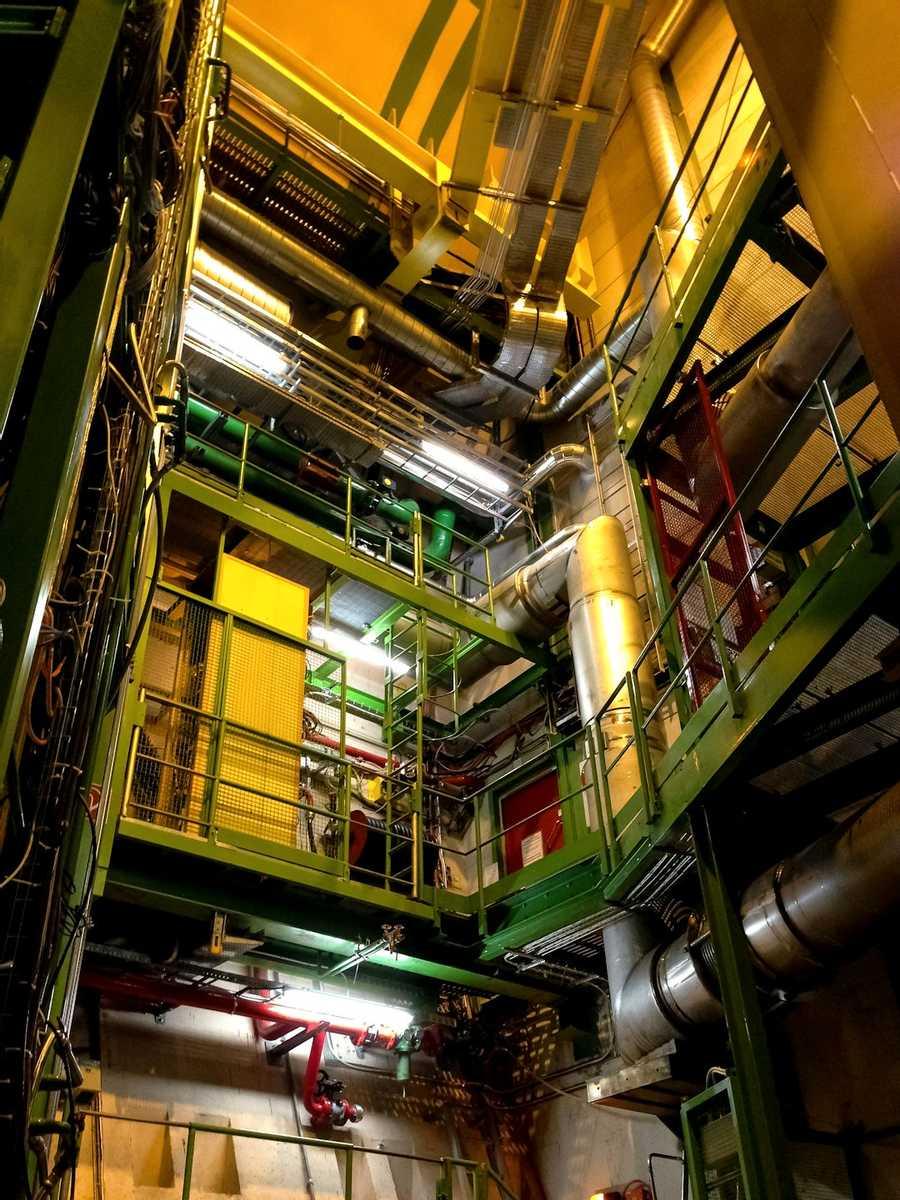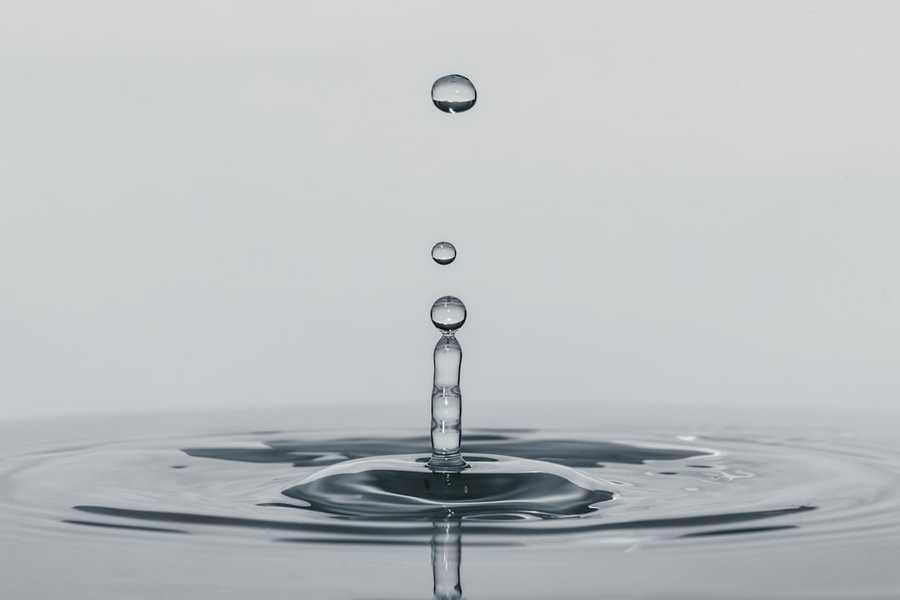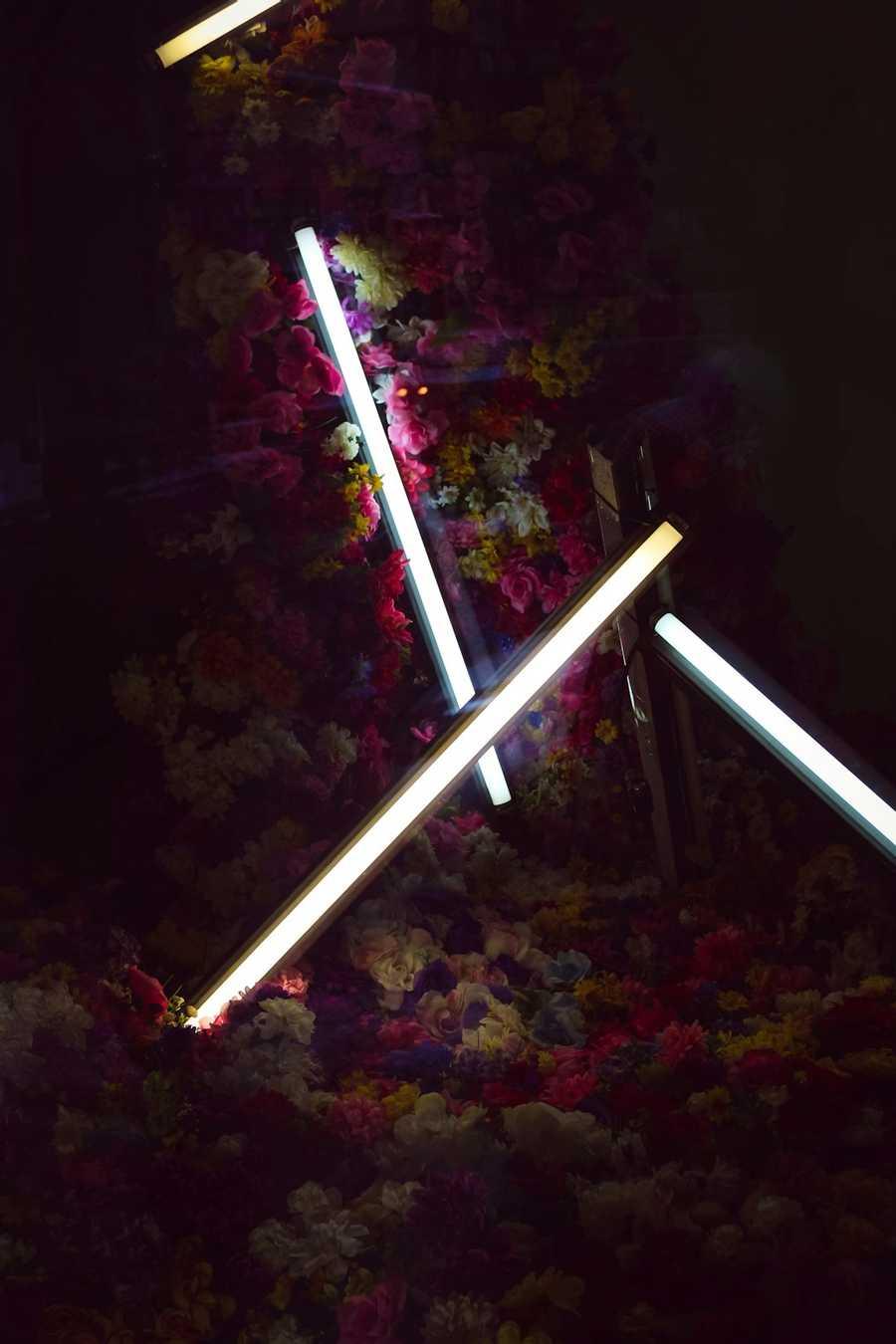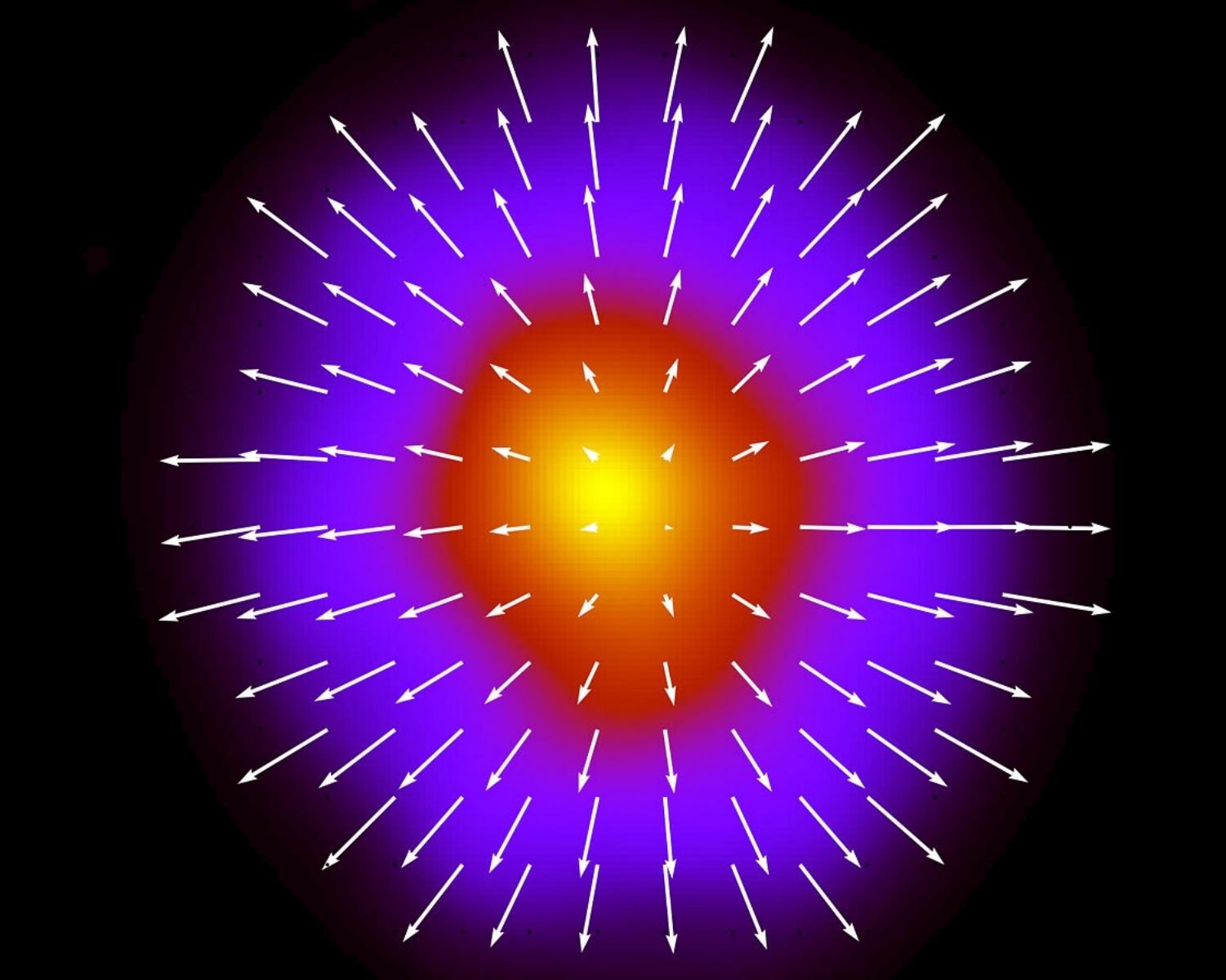Stimulated Quark-Gluon Plasma Formation
Although they have known for years they could produce small amounts of quark-gluon plasma in collisions between heavy ions, this is the first time scientists have reported possible evidence of quark-gluon plasma in the aftermath of a collision between the nucleus of a heavy ion and a massless particle of light.
Collisions between photons and lead nuclei are common inside the LHC. Their first round of results indicate the answer could be yes, an insight that might provide a new understanding of fluid dynamics.
6
26 reads
CURATED FROM
IDEAS CURATED BY
I owe my originality to a technical clusterfuck of emotions driven by angst and my dad's radio.
The idea is part of this collection:
Learn more about personaldevelopment with this collection
How to apply new knowledge in everyday life
Why continuous learning is important
How to find and evaluate sources of knowledge
Related collections
Similar ideas to Stimulated Quark-Gluon Plasma Formation
The Smallest Drop
For now, the exact mechanism that may be causing this quark-gluon plasma signature within photonuclear collisions remains a mystery. Whatever is going on, Noronha-Hostler says figuring out these collisions could be an important step in quark-gluon plasma research.
...
A Trigger That Picks Out The Photon-Zapped Lead Ions
During the lead-ion runs at the LHC, nuclei aren’t the only things colliding. Because they have a positive charge, lead nuclei carry strong electromagnetic fields that grow in intensity as they accelerate. Their electromagnetic fields spit out high-energy photons, which can also collide—a fairly ...
CERN sees evidence of quark-gluon plasma during collision
Scientists at the Large Hadron Collider have recently studied how, imbued with enough energy, photons can bounce off of one another like massive particles do. Scientists at the LHC and the Relativistic Heavy Ion Collider have also reported seeing photons colliding and con...
Read & Learn
20x Faster
without
deepstash
with
deepstash
with
deepstash
Personalized microlearning
—
100+ Learning Journeys
—
Access to 200,000+ ideas
—
Access to the mobile app
—
Unlimited idea saving
—
—
Unlimited history
—
—
Unlimited listening to ideas
—
—
Downloading & offline access
—
—
Supercharge your mind with one idea per day
Enter your email and spend 1 minute every day to learn something new.
I agree to receive email updates



